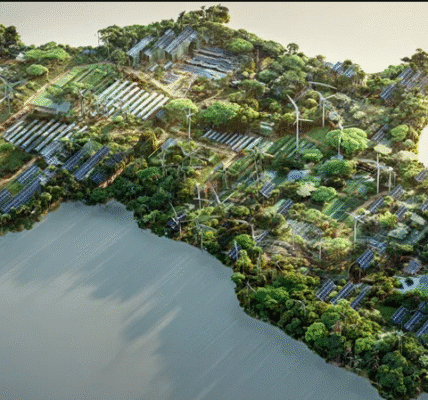
The Indian Coast Guard (ICG), established on 1 February 1977 and formally operational by 18 August 1978 under the Coast Guard Act, 1978, is a vital maritime law enforcement and search-and-rescue agency of India. It operates under the Ministry of Defence, safeguarding India’s territorial waters, including its exclusive economic zone (EEZ).
Key Responsibilities of Indian Coast Guard
The Indian Coast Guard plays a critical role in maritime safety and security, focusing on:
- Protection of Offshore Installations: Safeguarding artificial islands, offshore terminals, and marine installations.
- Fisheries and Marine Protection: Assisting fishermen and mariners, while ensuring marine ecology preservation, including pollution control.
- Anti-Smuggling Operations: Collaborating with the Department of Customs and other agencies to combat sea-borne smuggling.
- Law Enforcement: Enforcing laws in Indian territorial and international waters.
- Search and Rescue Operations: Coordinating national maritime search-and-rescue efforts.
Formation and Early Development
The idea of an Indian Coast Guard came after the 1960s’ rise in sea-borne smuggling, which posed a threat to the nation’s economy. In 1971, the Nagchaudhuri Committee identified the need for a dedicated force to manage these issues. Following recommendations, the Indian Coast Guard was formed as a separate maritime service under the Ministry of Defence.
The first Director-General, Vice Admiral V. A. Kamath, led the ICG’s establishment in 1977, with its full scope defined in the Coast Guard Act of 1978.
Notable Milestones
One of ICG’s notable successes was in 1999 when it recaptured the hijacked Panamanian-registered cargo ship MV Alondra Rainbow in a high-seas operation. The operation marked the first successful prosecution of armed pirates in over a century.
Expanding Role in Maritime Security
The Indian Coast Guard’s role has evolved over the years, particularly after the 2008 Mumbai attacks. The ICG was tasked with increasing patrol and surveillance along India’s vast coastline, making it an integral part of national security.
Current Operations and Future Goals
The ICG currently operates a fleet of 42 stations, with plans to expand its capabilities to include 200 ships and 100 aircraft by 2023. It is involved in close coordination with agencies like the Indian Navy, Coastal Police, and Customs, ensuring effective maritime law enforcement.
Conclusion
With its robust fleet and strategic operations, the Indian Coast Guard is at the forefront of protecting India’s waters. As maritime threats evolve, the ICG continues to adapt, securing national interests and ensuring the safety of lives at sea.





